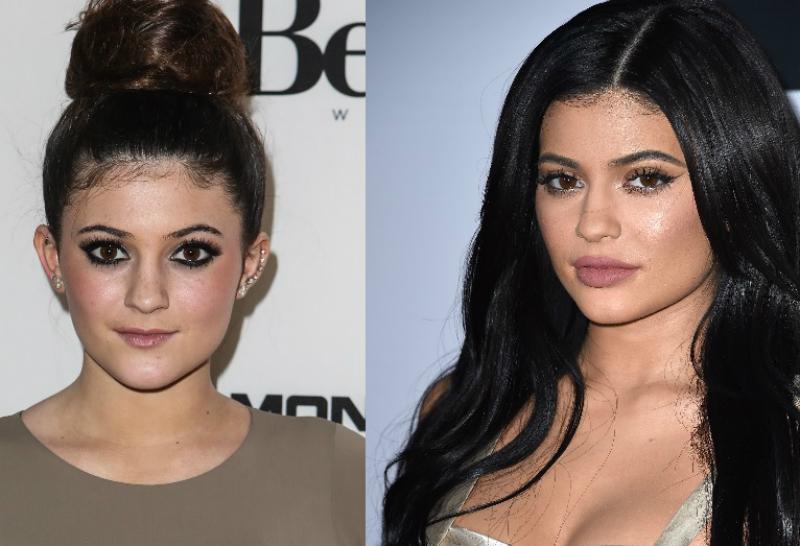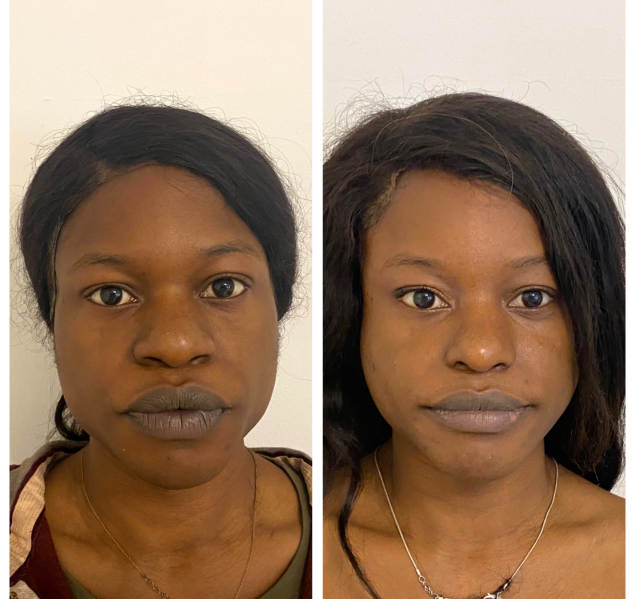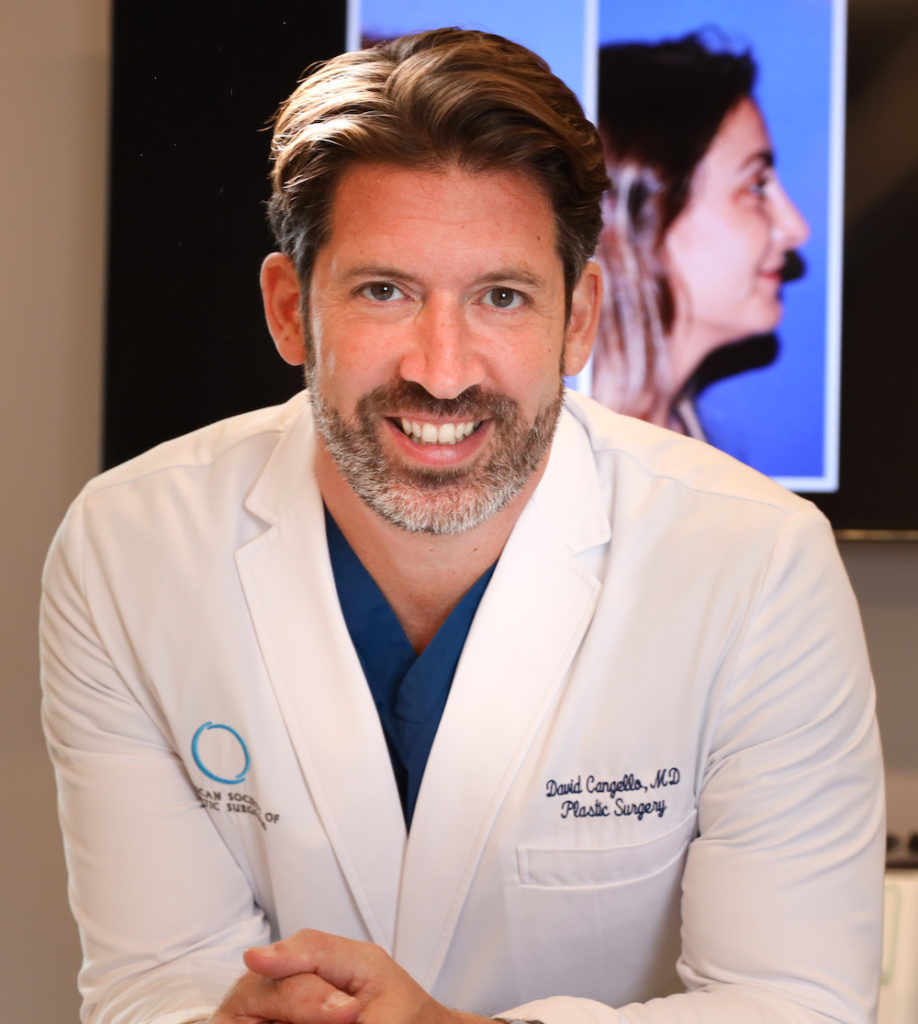Facelift Rancho Cucamonga: Smooth Wrinkles and Tighten Up Skin for a Vibrant Look
Facelift Rancho Cucamonga: Smooth Wrinkles and Tighten Up Skin for a Vibrant Look
Blog Article
Checking Out the Emotional and Social Aspects That Drive People to Think About Cosmetic Surgery as a Means of Improvement
The decision to seek plastic surgery often extends beyond plain visual appeals, linking with psychological and social characteristics that warrant comprehensive exam. Factors such as self-confidence, pervasive societal charm requirements, and the prevalent impact of social media sites merge to form individual inspirations for surgical enhancement. As these impacts end up being increasingly noticeable, understanding the underlying social and psychological contexts is essential. What continues to be to be discovered is the profound effect these elements have not only on personal identity but also on broader societal norms and worths bordering appeal and approval.
The Function of Self-confidence
Self-worth dramatically affects a person's decision to pursue cosmetic surgery. Individuals with low self-esteem often regard themselves in a negative light, bring about sensations of inadequacy concerning their physical look. This negative self-perception can drive them to seek medical interventions as an approach of improving their self-image. The desire for enhancement in one's appearance is regularly linked to a belief that such changes will boost their general self-respect and confidence.

Ultimately, the role of self-worth in the decision-making process concerning plastic surgery highlights the intricate interplay between body picture, personal contentment, and mental wellness. Comprehending this relationship is essential for health care specialists to ensure that individuals are making notified decisions rooted in sensible assumptions and psychological health.
Social Beauty Specifications
Influenced by pervasive media portrayals and cultural narratives, societal beauty criteria play a vital function in forming people' assumptions of their very own bodies. These requirements are commonly defined by an idealized kind of charm that highlights qualities such as youthfulness, slimness, and symmetry. As these perfects are continued with different channels, consisting of movie, tv, and advertising and marketing, individuals regularly internalize these messages, leading to frustration with their all-natural look.
The effects of these social norms expand beyond aesthetic choices; they can impact self-confidence, psychological wellness, and interpersonal partnerships. Individuals who regard themselves as falling brief of these requirements might experience sensations of inadequacy, prompting a desire for cosmetic surgery as a method of achieving social approval. This quest is frequently fueled by the belief that adapting these ideals will improve not just physical appearance however additionally social standing and individual fulfillment.

Influence of Social Media Site
The effect of social charm criteria is further magnified by the rise of social networks systems, where curated images and idyllic representations of elegance are ubiquitous. Customers are frequently exposed to filteringed system and modified photos, which frequently show unattainable physical attributes. This exposure grows a society of comparison, leading individuals to examine their very own look versus these usually unrealistic benchmarks.
Social network influencers and celebs often promote cosmetic procedures, normalizing the idea that surgical improvements are a sensible means for attaining societal suitables (plastic surgery rancho cucamonga). The exposure of these enhancements can produce an understanding that going through plastic surgery is a common technique, thereby affecting people to consider similar treatments as a path to boosted self-esteem and click social acceptance
Furthermore, the interactive nature of social networks permits prompt responses via sort and remarks, further strengthening the wish to satisfy popular beauty standards. Such communications can exacerbate feelings of insufficiency and drive individuals toward plastic surgery as a means of obtaining recognition. Eventually, social networks plays an essential role in shaping understandings of charm, which considerably impacts the decision-making procedures surrounding plastic surgery.

Cultural Perspectives on Appearance
Across various cultures, understandings of look are deeply rooted in historical, social, and economic contexts, forming individuals' views on beauty and worth. In many societies, look acts as a substantial pen of identification, affecting social status, professional opportunities, and individual connections. As an example, in some cultures, light skin is commonly connected with wealth and benefit, while others might glorify darker skin tones as symbols of strength and credibility.
Additionally, standard beauty criteria are frequently continued through social stories, media depictions, and family affects, causing varying perfects across different areas (plastic surgery rancho cucamonga). In Western societies, the emphasis on youth and fitness often drives people toward cosmetic improvement, while in particular Eastern societies, even more refined modifications lined up with typical visual appeals might be preferred
Globalization and the proliferation of electronic media have further complicated these dynamics, creating a hybridization of read here charm perfects that transcends geographical borders. As individuals progressively browse these cultural stories, the pressure to comply with specific appearance standards can cause the desire for cosmetic surgical procedure, mirroring a complex interplay of individual aspirations and social worths. Understanding these cultural viewpoints is necessary in dealing with the motivations behind cosmetic surgical procedure considerations.
Emotional Impacts of Cosmetic Surgery
Lots of individuals seeking plastic surgery record experiencing profound emotional impacts that can considerably alter their self-perception and psychological moved here well-being - plastic surgery rancho cucamonga. The desire for physical improvement usually originates from underlying problems such as low self-confidence, body dysmorphic disorder, or social pressures concerning appeal criteria. For some, the instant post-operative stage can cause a short-lived boost in self-confidence and fulfillment with their look, cultivating a sense of empowerment
However, these positive feelings might not be withstanding. Research suggests that while some individuals experience enhanced self-worth, others might face elevated stress and anxiety or depression if their assumptions are not satisfied. This inconsistency can develop from unrealistic perfects continued by media representation and social stories bordering elegance.
Additionally, the emotional ramifications of cosmetic surgical treatment expand past the individual. Relationships with family members and pals might be strained as social characteristics shift, causing sensations of seclusion or alienation. Ultimately, the mental influences of plastic surgery are intricate and multifaceted, requiring mindful consideration by both possible clients and doctor to ensure educated decision-making and practical expectations.
Conclusion
In final thought, the choice to pursue plastic surgery is dramatically influenced by a mix of self-worth issues, societal beauty criteria, and social perspectives on look. The prevalent reach of social networks additionally aggravates these pressures, advertising impractical ideals that people frequently aim to acquire. Understanding these psychological and social aspects is crucial for addressing the inspirations behind plastic surgery, highlighting the requirement for a much more nuanced conversation bordering charm and self-acceptance in contemporary society.
The decision to go after cosmetic surgery commonly expands past simple visual appeals, intertwining with psychological and social characteristics that merit comprehensive exam. Inevitably, social media plays a crucial duty in forming assumptions of elegance, which dramatically affects the decision-making processes surrounding cosmetic surgery.
As individuals progressively navigate these cultural stories, the stress to adhere to certain appearance standards can lead to the desire for cosmetic surgery, showing a complicated interplay of individual aspirations and social worths.In final thought, the choice to pursue cosmetic surgical treatment is substantially affected by a combination of self-esteem problems, societal beauty criteria, and cultural point of views on appearance. Recognizing these mental and social aspects is necessary for attending to the motivations behind cosmetic surgical procedure, highlighting the requirement for an extra nuanced conversation bordering beauty and self-acceptance in contemporary culture.
Report this page